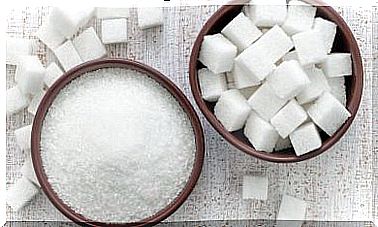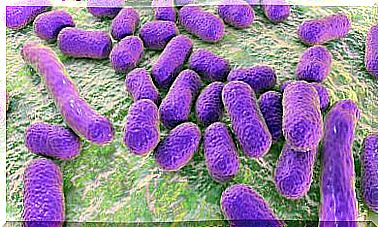What Can Be Done To Repair Cartilage?
Cartilage is the elastic tissues that line the joints or other parts of the body such as the outer ear and the nasal septum.
Cartilage allows bones to move against each other by protecting them from rubbing.
If the cartilage is damaged or worn, the bones rub against the joint, causing great pain and limiting mobility.
Age and high-impact exercises or simple over-exercise can damage cartilage over time.
A study by the Radiological Society of North America indicated that 74% of adults between 45 and 55 years of age suffer some degree of cartilage wear.
The most appropriate way to keep them healthy and repair those that have already been damaged is to provide our body with a good and healthy diet.
For this reason it is very important to maintain a balanced diet and supplement it with some vitamin supplements.
This time we will introduce you to the vitamins that can help strengthen all the cartilaginous areas of the body.
The most important vitamins to help repair cartilage
Vitamin A
Vitamin A is one of the most important components for the health of the body’s tissues, it has antioxidant properties and eliminates free radicals, which damage the body’s cells.
For people who have suffered from the joints, it is important to take supplements that contain vitamin A.
Foods with vitamins A
- – Cod oil, liver, kidneys, eggs, all dairy products, among others.
- – Peppers, cantaloupe, tomatoes, broccoli, sweet potatoes, apricots, grapefruits, carrots, squash, and virtually all vegetables.
Vitamin C
Vitamin C helps in the repair and growth of tissues.
It is also essential for the production of collagen, an important protein whose main function is the formation of tendons, veins, ligaments and cartilage.
This vitamin cannot be kept in storage, so it must be replenished every day.

The richest sources of vitamin C
The fruits that contain it in greater quantity are citrus fruits, melon, papaya, mango, pineapple, berries, and guavas.
In vegetables we can find it in potatoes, tomatoes, peppers, squash, lettuce, broccoli among others.
Vitamin D
Vitamin D is very important in the formation of bones and cartilage. This is stored in adipose tissue and helps absorb calcium. If it is missing in our body we run the risk of developing osteoporosis.
On the other hand, according to research published in 2012 in the journal Therapeutic advances in endocrinology and metabolism , a lack of vitamin D is frequent in patients with rheumatoid arthritis (RA); in addition, it is associated with the appearance of musculoskeletal pain.
Other consequences of a lack of vitamin D are:
- Decreased levels of calcium and sodium.
- Premature wear of cartilage (osteoarthritis).
- Increased inflammation
The most common way to obtain this vitamin is through some vitamin supplements or eating foods that are rich in this nutrient.
You can also take a few hours of sun, with which we will make the body stimulate its production.
Foods that provide vitamin D
- Fish, oysters, margarine, all dairy derivatives as well as fortified foods such as milk and cereals.
Remember that when cartilage is worn out, the pain felt with each movement is almost unbearable, causing you to stay in a boring state of stillness that will establish a poor quality of life.








